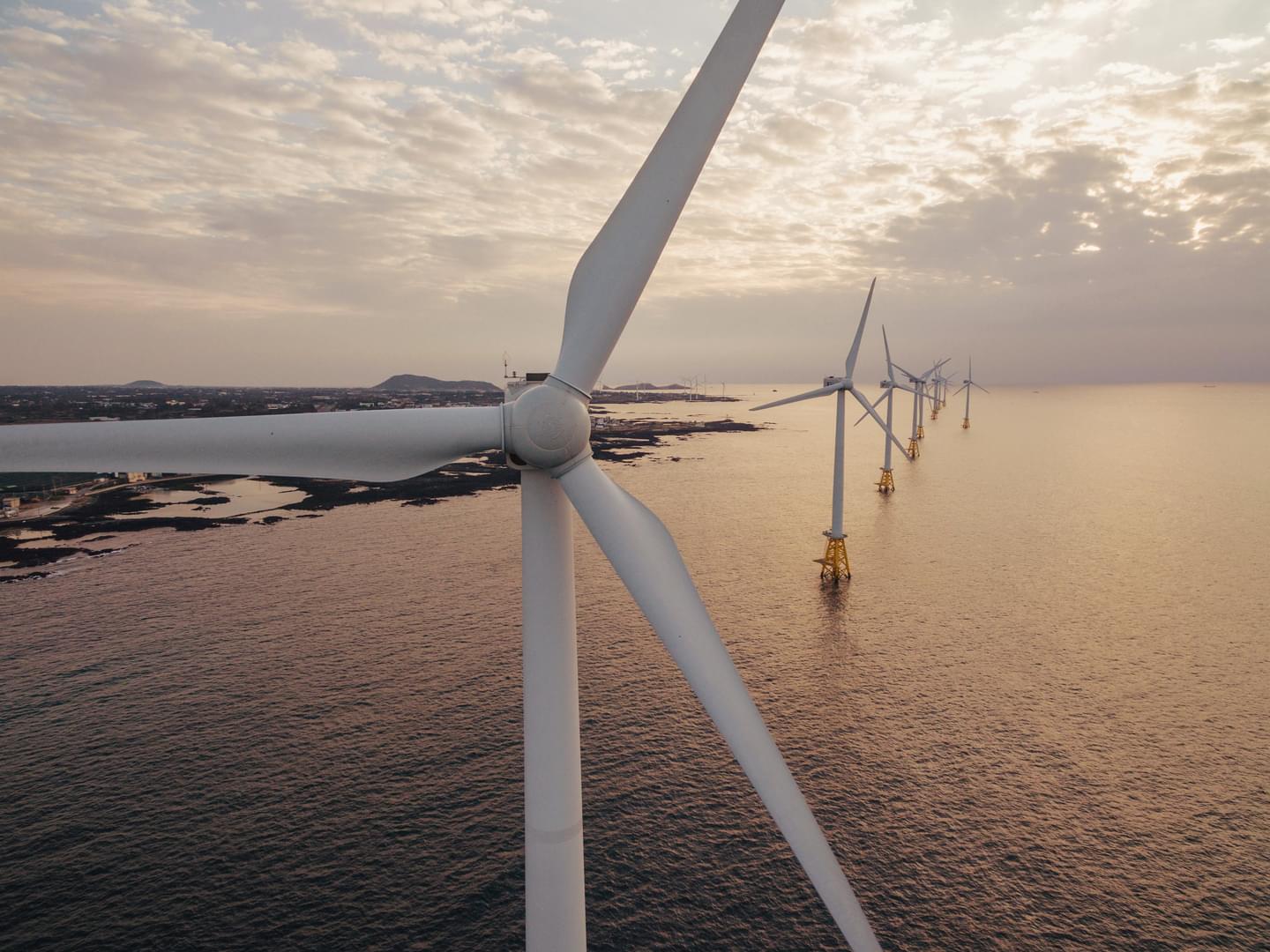Bałtyk 2 and 3: our biggest renewables deal yet
A milestone was reached, when we signed balancing agreements for the Polish offshore wind projects, Bałtyk 2 and Bałtyk 3. Danske Commodities will offtake 100% of the projects, totalling 1.4 GW, which makes this the biggest renewables deal for us yet.

Under the agreements, Danske Commodities will be responsible for trading and balancing the power produced from Bałtyk 2 and Bałtyk 3 in the Polish wholesale and balancing electricity market.
Clean energy for two million households
Bałtyk 2 and 3 will have a combined capacity of 1,440 MW and help supply two million Polish households with clean energy from the Baltic Sea. The energy will be generated by 260 metre-high turbines, with blades up to 115 metres long, which is more than the wingspan of an Airbus 380, the world’s biggest passenger plane.
The Bałtyk projects are owned by Polenergia (50%) and our parent company, Equinor (50%). Commercial operations date (COD) is expected in 2028.
Managing the uncontrollable
Since winds cannot be controlled, how can you plan power production from a wind turbine? This is where balance responsible parties like Danske Commodities come into the picture. As offshore wind projects like Bałtyk are placed in open waters, there is much wind to be harvested but the strength of the winds also makes it difficult to balance the assets. If wind gusts exceed 28 mph, it is no longer safe for the turbines to operate, and they will shut down. So, you might have a scenario, where the power production can go from peak output to producing 0 megawatts in a very short time frame.
In other words, the power production from wind turbines is variable and output will fluctuate with changing weather conditions. To help transmission system operators match production and consumption in the grid, we forecast the expected production on a continuous basis. Every day, we look at our forecasts and trade the majority of the wind production in the day-ahead market the day before delivery. On the day of delivery, we will look at the newest forecast, adjust our position accordingly in close-to-real-time and trade the remaining production in the intraday market, down to 15 minutes before physical delivery.
By combining forecasting and weather analysis capabilities with strong algorithmic trading skills in a 24/7 setup, we help manage something as uncontrollable as the wind, ultimately bringing balance to energy systems and value to assets owners.
We want to support the energy transition in Poland
The Polish energy sector is among the largest in Europe, and the country is amid a transition to more renewable energy. In 2024, renewables accounted for 29% of Poland’s power production, which is a new record. Poland is also emerging as a core renewables market for Danske Commodities, building on our 15 years of power trading experience from the Polish market.
In 2024, we also signed a balancing agreement for Lipno, Equinor Group’s third solar park in Poland, adding to our growing portfolio of wind and solar in the region. The portfolio growth follows the strategic ambitions of Equinor, which aims to support the energy transition by building a broad energy offering in Poland, including both onshore and offshore renewables.
As the build-out of renewables in Poland continues, Danske Commodities is ready to support both Equinor and third-party energy producers by creating value uplift from power trading.